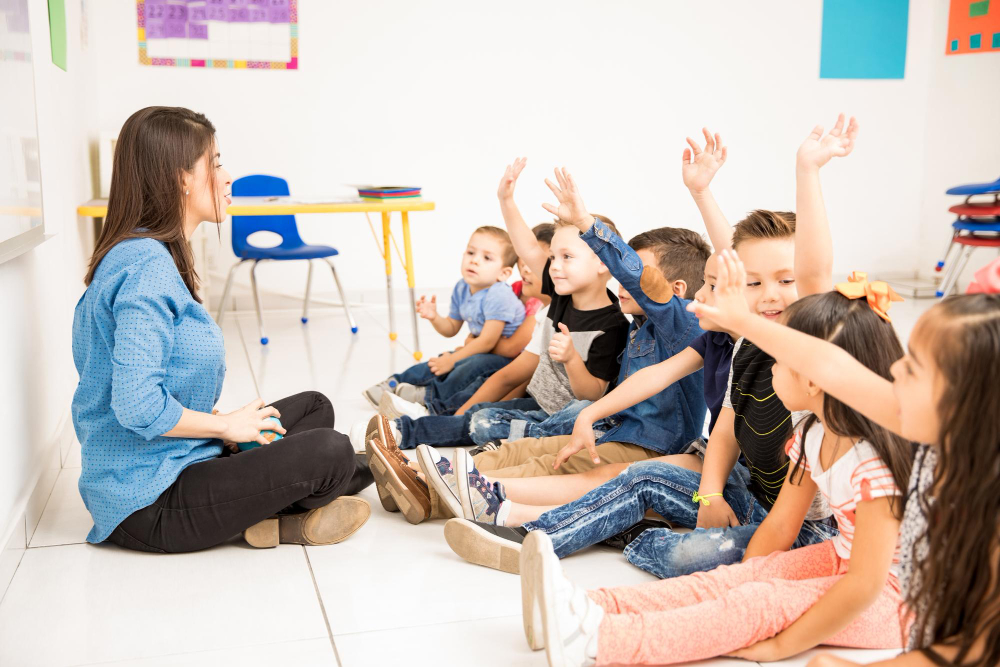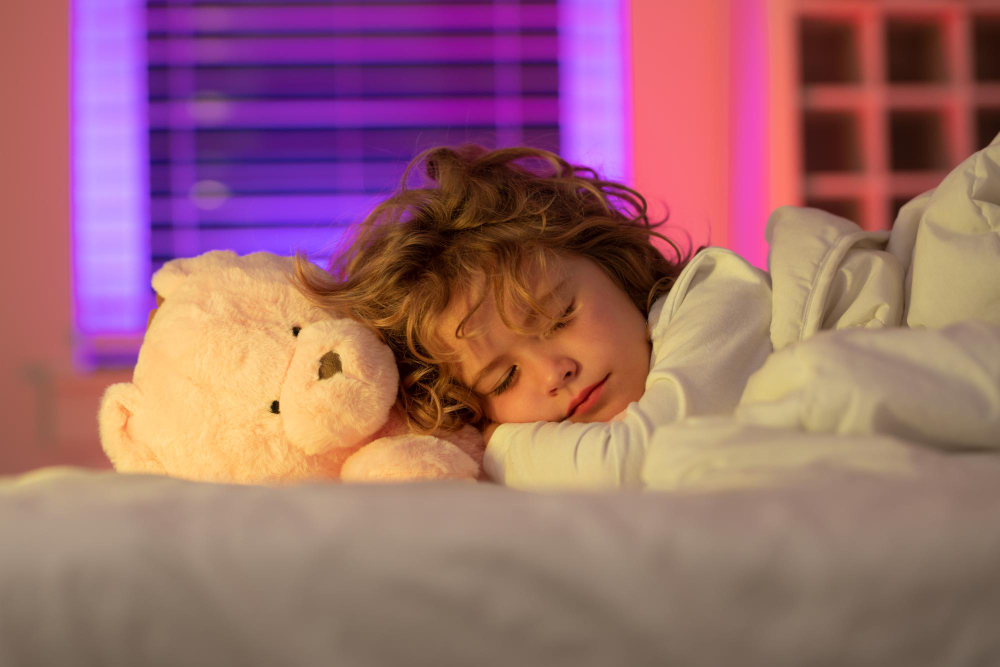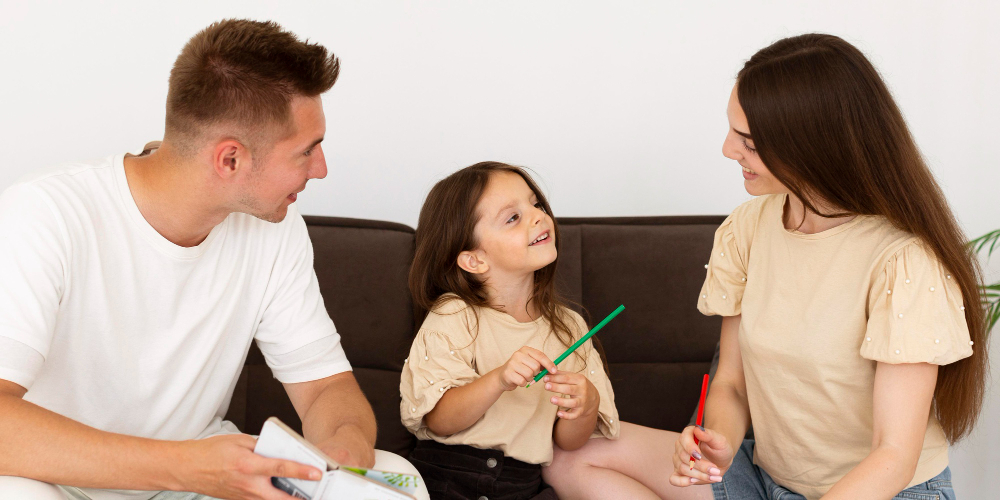How to Get Your Child Ready for Preschool
As a follow up to our Preschool versus Daycare post, we’d like to cover how parents can help get their children ready for preschool. Starting preschool is a hearty task in itself but parents of soon to be preschoolers have an extra challenge. Preschoolers of the last year or two and those entering preschool in fall of 2024 did all of their earliest development during a pandemic.

Experts are calling these children Gen C, and many are seeing additional challenges when it comes to getting these kiddos ready for a school environment. In one study, children born between April 2020-April 2021 had higher odds of screening positive for delays in communication, gross motor skills, and personal-social skills compared with pre-pandemic children. The good news, in many of these cases, the differences were small. This simply means these children may need a little extra help when it comes to getting ready for preschool. Gen C or not, these recommendations are great for any parent getting their child ready for preschool.
Establish a Routine
At least a month before school begins in August, start to establish a routine with your child. Create bedtime and wake up time habits and routine eating schedules. Transitions from summer to school can be difficult for children at any age. Even if you establish a great routine, don’t be surprised if your child comes home extra tired the first few weeks of school. Adding in preschool adds another layer to their established routine. They will adjust and your hard work ahead of starting preschool will certainly assist in the adjustment.

Develop Social-Emotional Learning (SEL)
Social-Emotional Learning is the process of your child understanding how they feel, how others feel, and how to get along with teachers and peers. There are five concepts to SEL; self-awareness, self-management, social awareness, relationship skills, and responsible decision-making. Establishing SEL skills will help your child know how to listen to the teacher and follow directions. These skills are key to your child learning math, writing, reading, and more in a classroom setting.
You can start to work on these skills at home. Games and fun activities are a great place to start. Children in this age group do much of their learning through play. Give your child ownership of small tasks around the house. These can be things like sorting laundry, helping to feed pets, opening their own snacks, and going to the bathroom and washing their hands on their own. Games like follow the leader and simon says are great ways to teach listening and following directions.
Exposure to their peers is another great way to grow social-emotional learning. Set up playdates with children of the same age. Join library groups and visit local parks.
Your child’s teachers will continue to promote SEL in the classroom. Getting your child started is a great way to help them be successful in preschool.

Visit Your Preschool & Discuss School Positivity
Visiting your child’s preschool will help them and you get acclimated to the space, experience, and new faces. At Rainard our preschool applicants experience a sit-in day where they get to see their classroom first-hand and meet their potential teacher and peers..
Talk with your child about going to preschool. It can be hard for a parent to see their baby go off to school, but it’s important for children to feel supported in the transition. Help them to identify any apprehension and allow them to express it before the first day of school. Remain positive and supportive through the entire experience. Your child will feel better and your positivity and support will help ease the process.

Starting preschool can be tough for any child. Our Gen C kids have an added difficulty. With proper work establishing a routine, developing social-emotional learning skills, visiting the preschool, and discussing school positivity you can set your child up for a successful transition to preschool.
